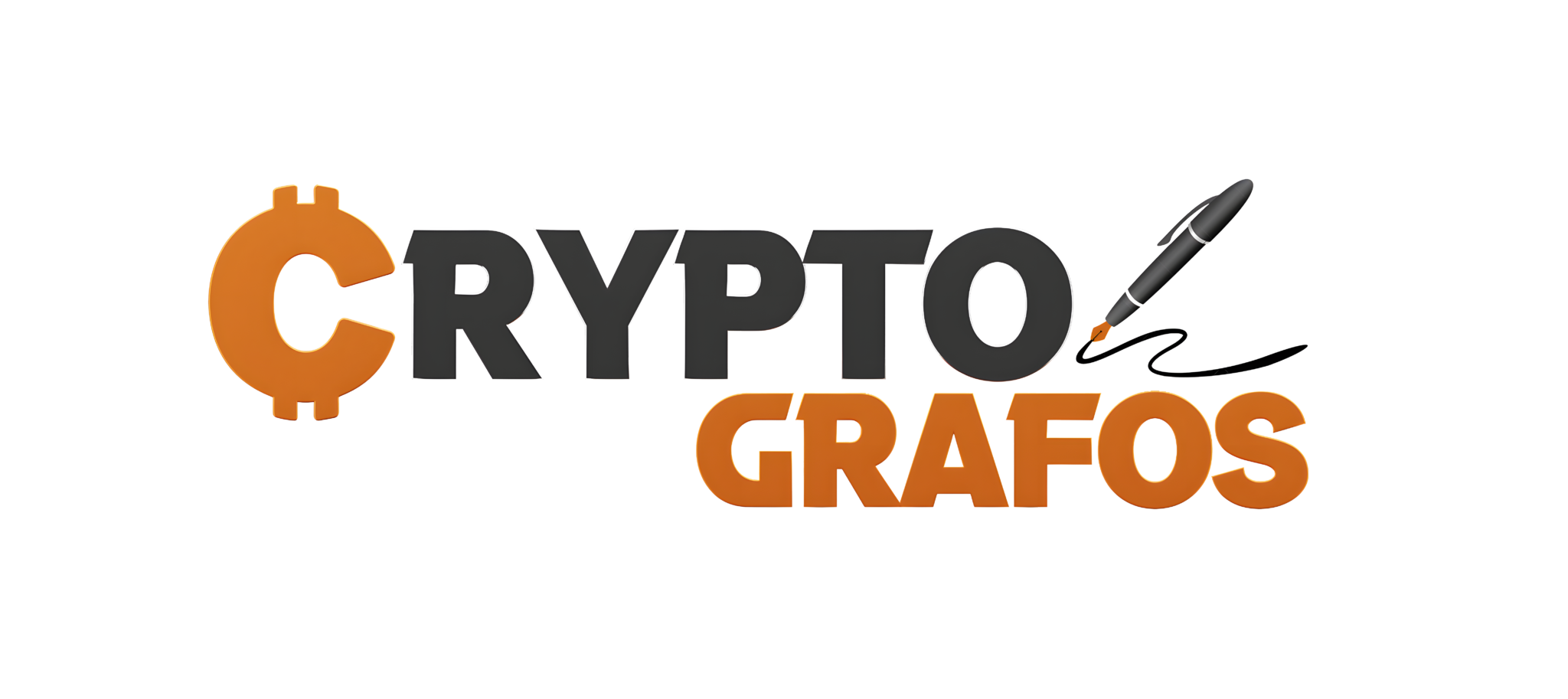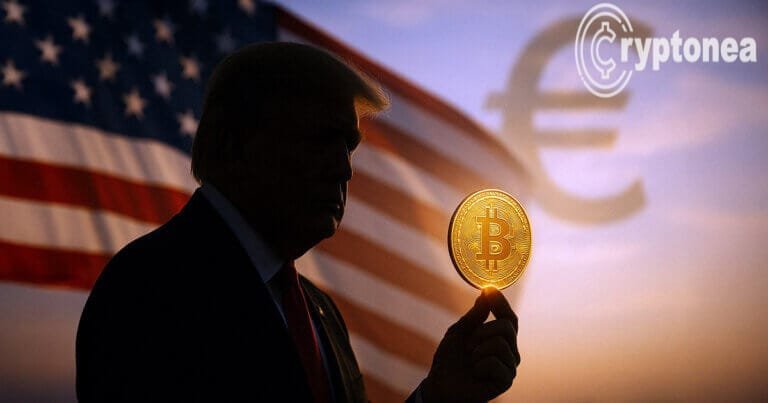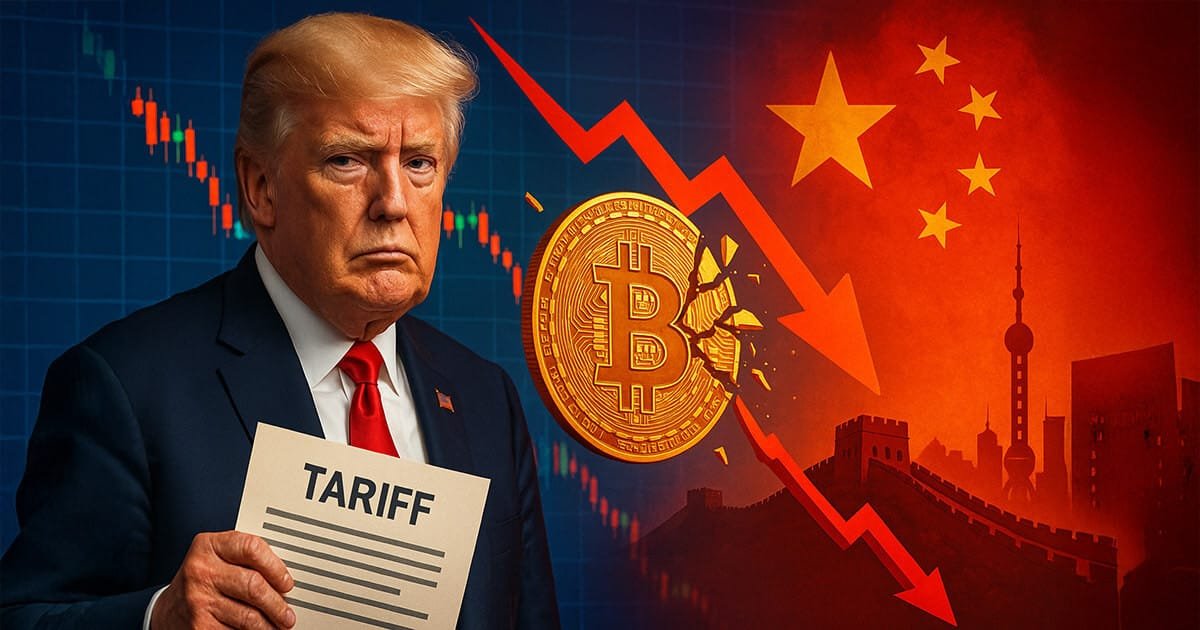The European Central Bank (ECB) has voiced concerns about potential financial instability stemming from the United States’ growing support for the cryptocurrency sector, especially regarding the expansion of dollar-based stablecoins.
A policy document reviewed by Politico reveals that the ECB is advocating for updates to the recently enacted Markets in Crypto-Assets Regulation (MiCA), suggesting that the current rules may not be enough to counter emerging threats.
The ECB’s main worry centers on the possibility that US policy changes, particularly those promoted by former President Donald Trump, could lead to an influx of dollar-pegged stablecoins into the European market. This, they fear, could result in European capital being funneled into American assets, challenging the EU’s financial autonomy and increasing liquidity risks for banks across the bloc.
However, not all experts agree. Nicholas Anthony, a policy analyst at the Cato Institute, dismissed the ECB’s alarm as overblown, suggesting the central bank is looking for reasons to justify the creation of a digital euro—a project that has faced criticism for lacking a solid foundation.
Disagreements Over MiCA Regulation
While the ECB pushes for tighter regulation, the European Commission appears to take a different view. Sources cited by Politico—including EU officials and diplomats—indicated that many member states believe MiCA already offers sufficient safeguards, even in the face of proposed US legislation like the STABLE and GENIUS bills, which aim to further integrate stablecoins into the American financial system.
“There wasn’t strong support for rushing into amendments to the framework just because of developments in the US,” one diplomat was quoted saying.
Stablecoins currently represent a market worth $234 billion, according to CoinMarketCap, and the ECB fears that without additional controls, European stablecoin issuers might struggle to meet redemption demands from both domestic and international holders, potentially leading to a damaging market run.
Mikko Ohtamaa, CEO of Trading Strategy, echoed the concerns but criticized how Europe has handled crypto regulation. He noted that although the EU had an early lead with MiCA, overly restrictive rules—heavily shaped by traditional banking interests—have made EU stablecoins uncompetitive on a global scale.
Anthony warned that frequent shifts in regulatory policies only add confusion, especially at a time when clear guidelines are needed. He argued that the ECB’s reaction to the US’s pro-crypto stance may hinder innovation in the EU instead of fostering it.
Tether Continues to Push Back Against MiCA
Tether, the company behind the world’s largest stablecoin USDT, has consistently criticized the MiCA framework. CEO Paolo Ardoino previously raised concerns about the requirement for issuers to maintain at least 60% of reserves in EU bank accounts, suggesting it could pose systemic risks to both stablecoins and the broader financial sector.
As a result of noncompliance with these regulations, USDT has been delisted by major European platforms such as Coinbase, Crypto.com, and Kraken.
For more news, find me on Twitter Giannis Andreou and subscribe to My channels Youtube and Rumble
What is your opinion on this particular topic? Leave us your comment below! We are always interested in your opinion!









